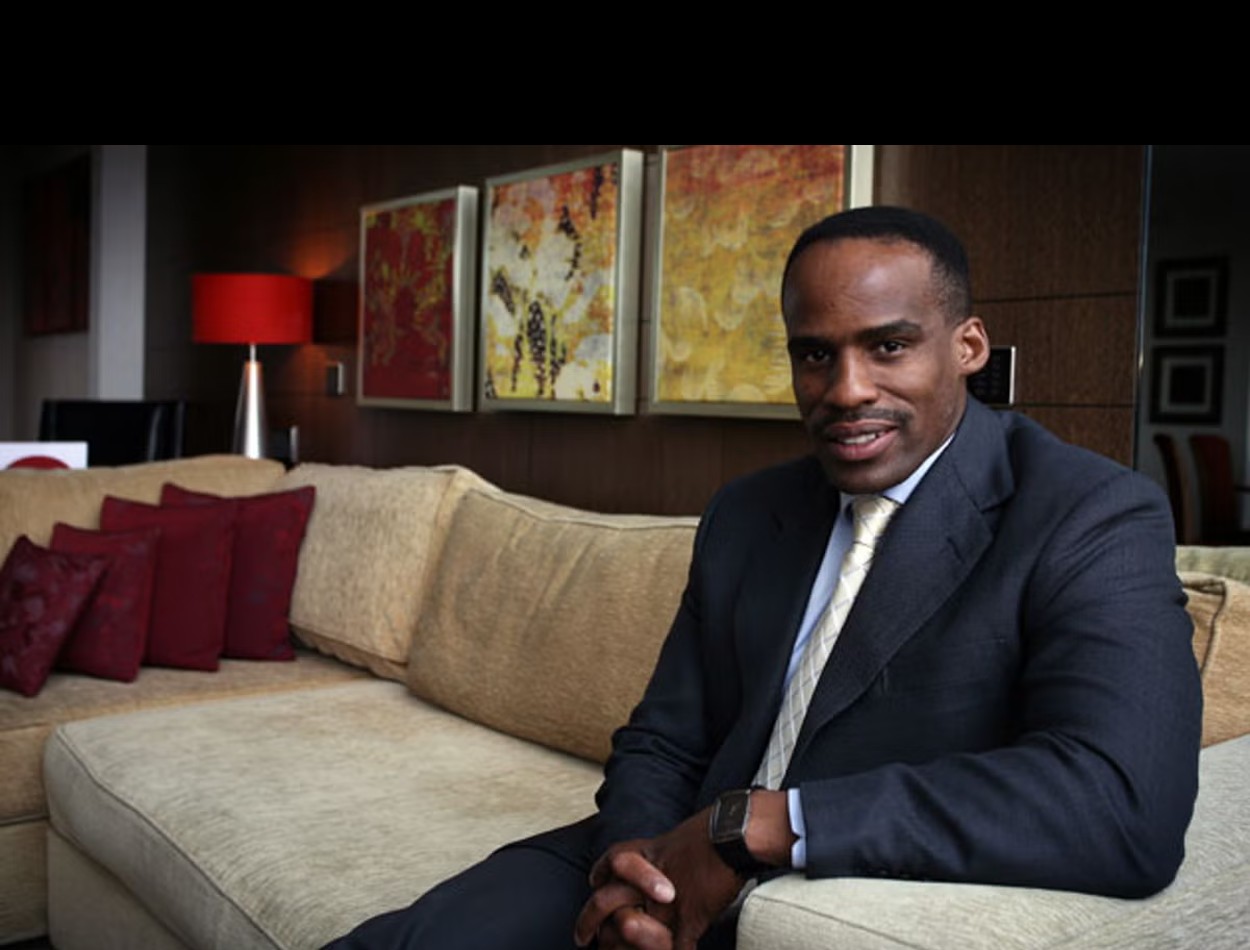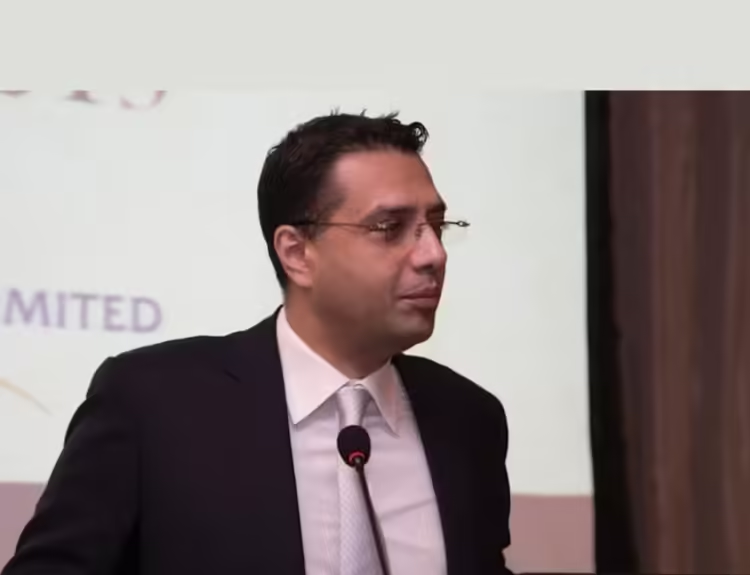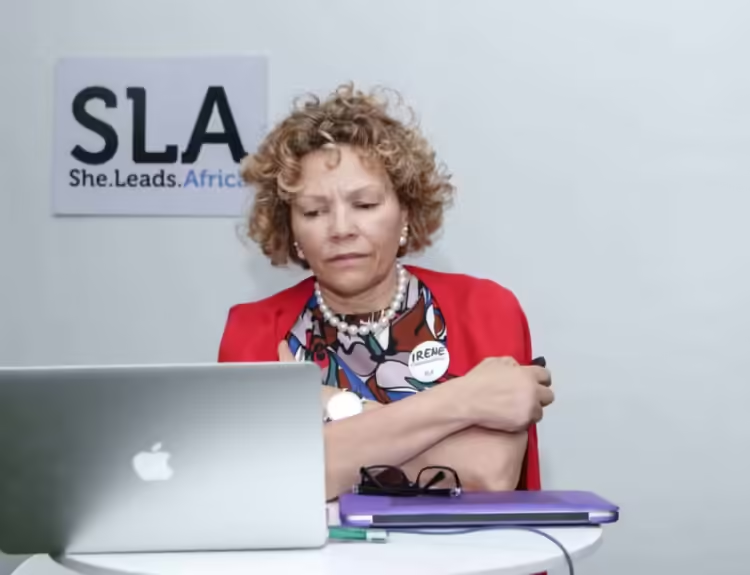The Bofokeng are a Tswana-speaking tribe of about 300,000 people that occupies an area in South Africa’s North West Province, which includes the Merensky Reef, a mineral-rich land that contains some of the world’s largest platinum deposits.
Contents
Bafokeng’s claim to the Merensky Reef
The acquisition of these lands resulted from the visionary programs of Kgosi August Mokgatle who ruled the Bafokeng people between 1834 and 1891 long before its rich platinum deposits were discovered.
Even though the Bafoken people had lived in these lands since the 12th century, the colonialist Boers administration came and claimed ownership of all lands, unless outrightly bought and titled.
To acquire titles to their own land, Kgosi August Mokgatle sent his male subjects to work in the Kimberley diamond fields.
A percentage of their pay was set aside in a land acquisition fund.
Since black people were forbidden from owning land, the king used proxy white missionaries to acquire parcels of land totaling 1,400 square kilometers on behalf of the community.
Over the years, the Bafokeng people have successfully defended their land rights against onslaughts from different authorities, the latest being the ANC government in 1994.
Bafokeng nation’s leadership structure
For generations, the tribe has been ruled by a patriarchal system of hereditary Kings who control the communal lands and the resources therein.
Leadership is passed from the king to the firstborn son or the king’s younger brother, in cases where the king does not have male heirs.
The South African constitution recognizes and protects such semi-autonomous entities like the Bafokeng, permitting its patriarchal traditional authority to coexist alongside the state’s political system.
The current king (Kgosi) is Leruo Molotlegi, a trained architect and pilot who has ruled the Royal Bafokeng Nation since his elder brother, Kgosi Lebone II died in the year 2000.
From his royal palace in the town of Phokeng, the king employs a blend of a traditional supreme council and modern corporate governance structures to manage the community and its resources.
While the Bafokeng people have been entitled to some form of compensation since platinum deposits were discovered in their lands in 1924, it wasn’t until the late 1970s that significant royalties started flowing.
The 21st century has seen the Bafokeng people earning billions in different forms from the mining industry, evolving from royalties to dividends and share sales to joint ventures with global mining giants and several BEE-structured deals.
Royal Bafokeng Holdings
Upon assuming leadership, Kgosi Leruo Molotlegi formed the Royal Bafokeng Resources (2002) to oversee Bafokeng’s mining interests and Royal Bafokeng Finance (2004) to build a non-mining investment portfolio.
In 2006, the two companies were consolidated to form Royal Bafokeng Holdings (RBH). RBH is the investment arm of the Royal Bafokeng Nation, and is mandated with managing and growing the wealth of the Bafokeng community.
It is owned by the Royal Bafokeng Nation Development Trust (RBNDT), a trust mainly controlled by the king and that exercises governance authority over RBH.
Some of the investments currently in the RBH portfolio include;
Financial Services
- FirstRand – At 3%, RBH is the second biggest shareholder of FirstRand, a financial conglomerate that consists of FNB, Wesbank, RMB, and the UK’s Aldermore. As per 31st December 2023 results, the group had a Net Asset Value of R190 billion (US$ 10 billion)
- OUTsurance – RBH is the second largest shareholder in the South Africa/Australian insurance and financial services entity with 14.15%. The biggest OUTsurance shareholder with 30.6% is Remgro, associated with billionaire Johann Ruppert.
- Discovery – Discovery is a financial services group with a market capitation of about R77 billion (US$4 Billion). RBH shareholding is 3.52%.
- Royal Investment Managers (RIM) – RBH owns a 50% stake in RIM, a black-owned asset management company that acquires equity stakes in either existing or new asset management firms and supports them with seed funding and access to institutional funds. Other RBH financial services stakes are in Ethos Mid-Market, and taxi financier, Transaction Capital (4.845%).


Mining, Oil and Gas
- Northam Platinum Holdings Limited – As of 31st December 2023, RBH held 8.67% of the shares making them the third-biggest shareholder in the mining conglomerate that has a market capitalization of about R60 billion (US$ 3.2 billion)
- Royal Bafokeng Holdings has stakes in KEG, a Kenyan-based operator of the largest LPG storage terminal in East Africa, and MOGS, a significant player in South Africa’s oil and gas infrastructure.
Pharmaceuticals
- Dis-Chem – In 2021, the RBH bought 6.63% of Dis-Chem, the second largest pharmacy chain in South Africa in a BEE deal that saw them acquire shares valued at about R1.9 billion (US$ 130 million) at a 17.5% discount with a 3-year lock-in period. Dis-chem is associated with the Saltzman family who founded the pharmaceutical retailer in 1978.
Infrastructure
- EnviroServ – RBH owns 24.5% of EnviroServ, owns Southern Africa’s biggest waste management company with over 2,500 employees and an annual turnover of about USD 85 million. Its other partners are AIIM (24.5%) and French group Suez (51%).
- Big Yellow UK – In 2016, RBH acquired a 1.87% stake in Big Yellow Group Plc, UK’s self-storage company with storage units for homes and businesses nationwide.
Telecommunications
- Swiftnet – Royal Bafokeng Holdings holds 30% of Swiftnet, a telecom tower company that owns about 3,699 mobile network operator (MNO) multi-tenancy towers that are leased to Telekom, Vodacom, and MTN.
- Yobo Yethu / Vodacom – Through its 29% ownership in Yobo Yethu, Vodacom’s BEE partner, the Royal Bafokeng Holdings owns about 2% of the R220 billion value company, Vodacom.
- Liquid Telecom – RBH partnered with Liquid to acquire Neotel for R6.55 billion in 2016 with RBH covering 30% of the cost. Neotel was then integrated into Liquid, which saw RBH flip its 30% Neotel stake into a 10.3% stake in Liquid Telecom. Liquid is a pan-African telecoms group, majority-owned by Econet Global which is associated with billionaire Strive Masiyiwa.
Social development investments
A percentage of the Royal Bafokeng Holdings dividends and royalties from the mining companies are directed to the Royal Bafokeng Administration.
Employing over 500 people, the Royal Bafokeng Administration runs several social development programs, normally reserved for municipal authorities and central governments.
It is instrumental in financing electricity connections, providing clean running water, constructing paved roads, improving amenities in Bofakeng schools, and expanding access to medical clinics.
Some of the notable social investment programs by the Royal Bofakeng Administration include;
- Royal Bafokeng Stadium – This 39,000-seat stadium hosted six games during the 2010 World Cup in South Africa with its sports complex serving as the home and training base for the England team.
- Kgosi Leruo High-Performance Centre – Hosted at the 5-star Royal Marang Hotel, this is a world-class training center with a state-of-the-art medical and rehabilitation center, training facilities, fully equipped changing rooms, and a high-performance gym ideal for professional athletes.
- Royal Bafokeng Institute – Tasked with raising the standard of education in the community, it employs additional teachers, improves school amenities, and runs technical and vocational courses.
- Lebone II College – A competitive independent school that admits bright or talented students with specific quotas reserved for children of the Bafokeng people.
Criticism
Given that social development programs are directed towards societal and infrastructural projects rather than direct cash benefits to individuals, thousands of poverty-stricken members of the Bafokeng tribe always feel shortchanged.
Many community members work in the mines and enjoy better compensation and social amenities in comparison to workers in other South African mines, but unemployment in Bafokeng still stands above 30%.
Destitute Bafokeng members see the royal family and their associates, the council members, and senior executives of RBH as the real beneficiaries of their ancestors’ hard work and the inheritance they are entitled to.
Sections of the community members feel frustrated, given their indirect influence in the use of dividends or governance decisions.






